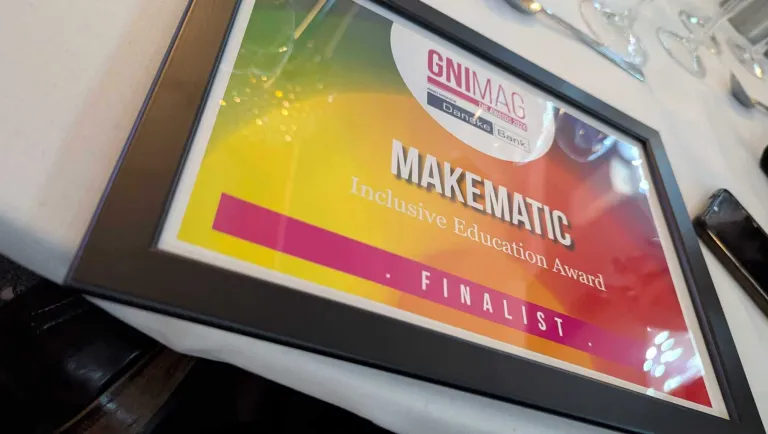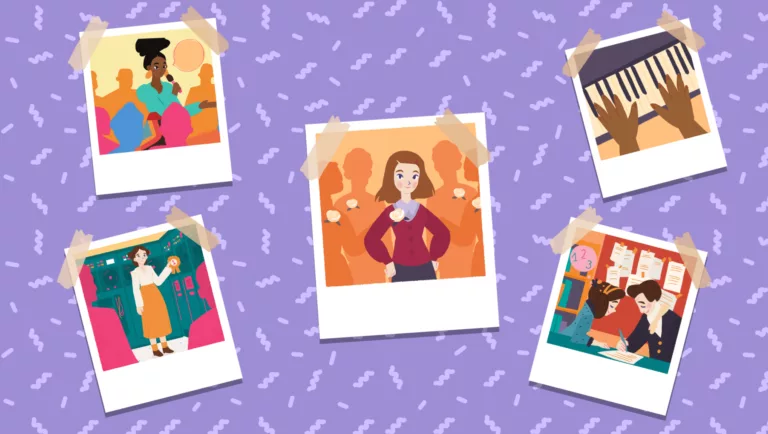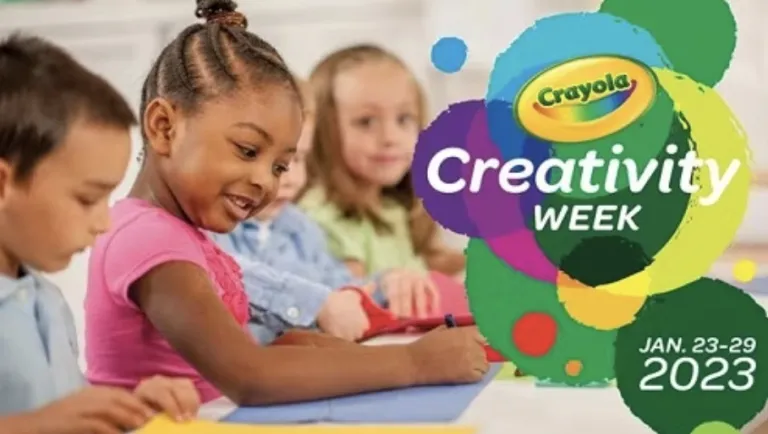
Why History Class Should Change With The Times
The Battle of Hastings. Henry VIII. Rationing and the Blitz.
These are the subjects I remember learning about in history class.
Subjects that held my interest for a time but invariably left myself and my classmates scratching our heads and questioning, even then, the rationale behind an outdated syllabus.
Why, when the world outside our classroom window was experiencing such tumultuous change, were we being taught about an 11th-century tapestry?
Wouldn’t learning about recent history prepare us better to unpick the present and ultimately to help shape the future?
When Black Lives Matter demonstrators toppled a statue of 17th-century slave trader Edward Colston in Bristol earlier this month, it added impetus to a growing debate around the nature of history.
More and more people are starting to ask questions like What is history? Who writes it? Why do we celebrate some people with statues and not others?
In an open letter to education secretary Gavin Williamson, members of a group known as Black Curriculum questioned the current syllabi’s chronic lack of diversity and demanded change.
“Learning black history should not be a choice,” they argued “but should be mandatory.”
Finally, the call to rethink what our young people are being taught in history classrooms up and down the country has gone mainstream.
And not before time.
It was only by rummaging through the well-worn offerings in our local library and secondhand bookshops that I was able to expand my knowledge of the world.
I gorged on potted histories, hoovered up biographies and autobiographies (Michael Collins, Emmeline Pankhurst, Malcolm X, Gandhi), and became a lifelong fan of historical fiction.
What I would have done for the Internet and a bite-sized video series like Untold!
In writing these videos, which delve into the lesser-known aspects of American history, I’ve learned about the Founding Fathers and the makeup of the US Constitution, about the laws that govern modern America, about artifacts that shed light on the American experience and, crucially, about the individuals that America has tragically dined to forget and the injustices they lived with and fought against.
People like African American Civil Rights leader Bayard Rustin, the man who organised the March on Washington, whose impact on the movement is overshadowed by the legacy of his friend and mentor, Martin Luther King Jr, because Bayard was gay and his colleagues were ashamed.
People like Jovita Idar, a Mexican American educator turned journalist, who used her pen to expose the violence and discrimination that generations of her people had been subjected to in a country that ostensibly prides itself on being a nation of immigrants.
People like Jim Thorpe, arguably America’s greatest ever sportsman – a double Olympic gold medalist turned professional baseball, football and basketball player – whose name is not as well known today as the likes of Babe Ruth because America was, and perhaps still is, not prepared to idolise a Native American.
The videos that make up the Untold collection are tools that any teacher can use in their classroom and every student can learn from.
It was a privilege to script them and it’s a joy to see them now, going out into the world, after so many of the Makematic team – our producers, animators and sound designer – brought their talents to bear to make these videos the best they can be.
Why?
Because the time that I spent researching and writing these videos taught me much – and perhaps more importantly, reinforced some of the beliefs that I already have.
That history should be accessible to everyone. That it should not be tainted by ideology. And that it should speak truth to power.
I hope that the young people who watch the Untold videos come to agree –because only when we truly understand where we’ve come from can we hope to pave the way to a better future.
Let's Work together


Makematic Partners with Rebel Girls for New Video Series

